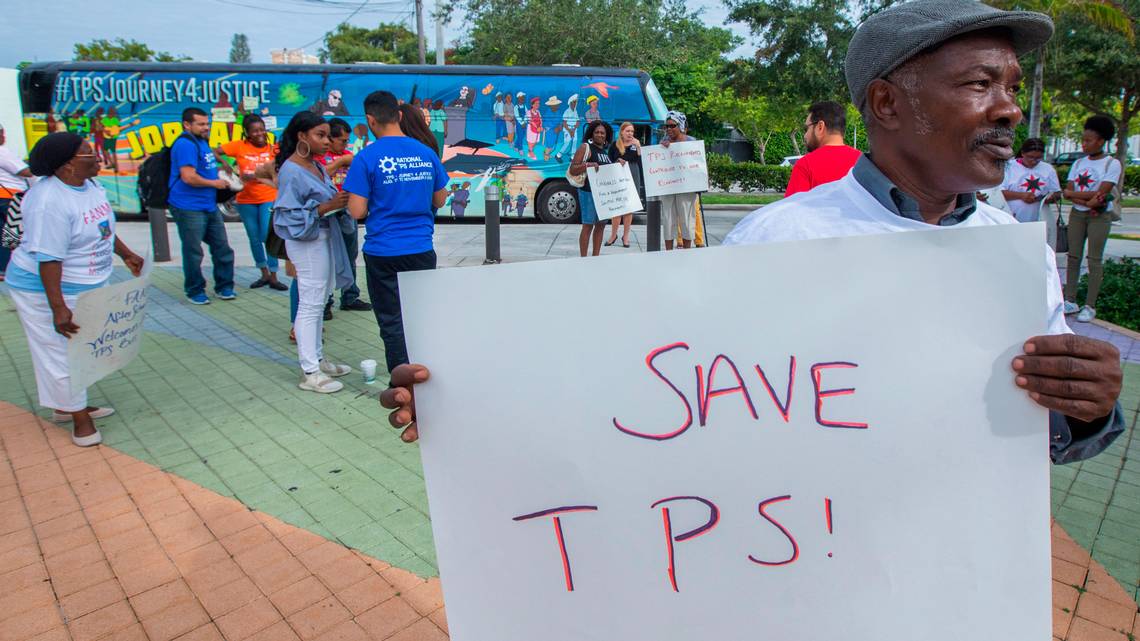|
Getting your Trinity Audio player ready...
|
Birthright citizenship, enshrined in the 14th Amendment to the U.S. Constitution, grants automatic citizenship to anyone born on U.S. soil, regardless of their parents’ immigration status. This principle, often referred to as jus soli (right of the soil), has been a cornerstone of American citizenship since the ratification of the 14th Amendment in 1868. However, recent political discourse, particularly from President-elect Donald Trump, has reignited debates about whether this long-standing policy could be altered or abolished.
What is Birthright Citizenship?
The 14th Amendment states:
“All persons born or naturalized in the United States, and subject to the jurisdiction thereof, are citizens of the United States and of the State wherein they reside.”
This provision was adopted to ensure citizenship for formerly enslaved individuals and their descendants. It affirms that anyone born within U.S. borders is a citizen, with rare exceptions such as children born to foreign diplomats or enemy forces during hostile occupation.
One of the landmark cases affirming this principle is United States v. Wong Kim Ark (1898). The Supreme Court ruled that Wong, a man born in San Francisco to Chinese nationals, was a U.S. citizen by birth, even though his parents were not citizens. This decision set a strong precedent for the interpretation of the 14th Amendment.
Can a President End Birthright Citizenship?
Donald Trump has announced plans to issue an executive order to end birthright citizenship for children born to undocumented immigrants. However, legal experts widely agree that such a move would face significant constitutional hurdles.
Challenges to Ending Birthright Citizenship:
- Constitutional Amendment Required: The 14th Amendment cannot be changed by executive order or congressional statute. Altering it would require a constitutional amendment, a rigorous process demanding:
- Approval by a two-thirds majority in both the House and Senate.
- Ratification by three-fourths (38) of the state legislatures.
- Judicial Precedent:
The Supreme Court’s interpretation of the 14th Amendment in Wong Kim Ark confirms that citizenship is determined by birth on U.S. soil, regardless of parental status. Any attempt to reinterpret this clause would likely face challenges in federal courts, ultimately requiring Supreme Court adjudication. - Legal Definition of “Jurisdiction”:
Trump’s proposal hinges on the argument that undocumented immigrants and their children are not “subject to the jurisdiction” of the United States. However, this phrase has historically been interpreted to apply broadly, excluding only specific groups like foreign diplomats.
Implications of Ending Birthright Citizenship
Proponents of ending birthright citizenship argue that it would deter illegal immigration and address the perceived burden on public resources. Trump’s campaign claims this policy would discourage undocumented migrants from entering the U.S. and incentivize those already here to return to their home countries.
Critics warn that such a change would create a significant population of stateless individuals, particularly children born in the U.S. without citizenship anywhere. This could lead to severe social and legal consequences, undermining fundamental principles of equality and inclusion.
The Path Forward
While Trump’s promise to end birthright citizenship resonates with segments of his base, achieving such a goal would require navigating constitutional, legal, and political challenges. The U.S. legal system and historical precedents favor the enduring protection of birthright citizenship, ensuring that the debate over its future will likely continue to unfold in the courts and public discourse.
For now, the 14th Amendment remains a pillar of American identity, embodying the principle that anyone born on U.S. soil belongs to the nation—a legacy that has defined the country for over a century.




